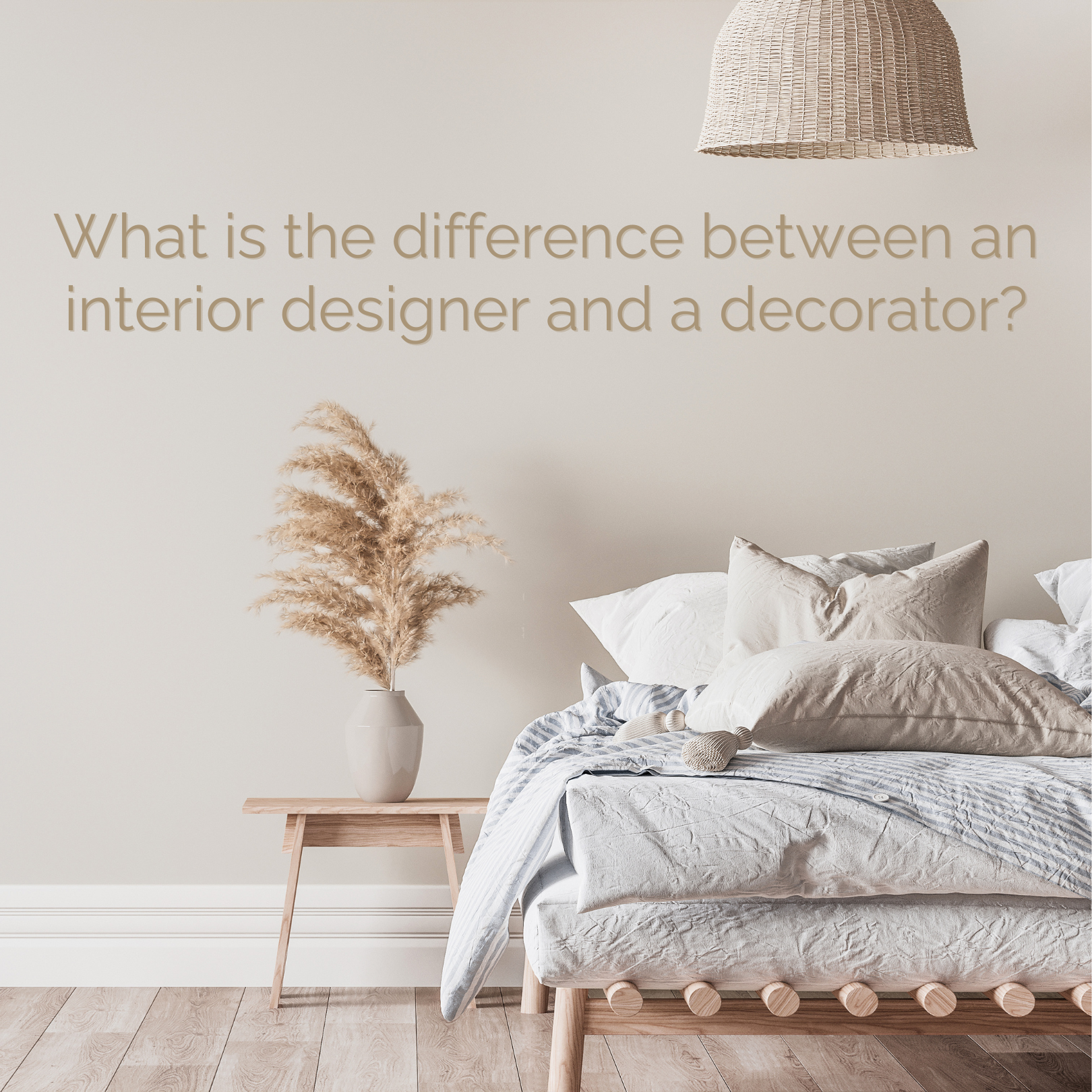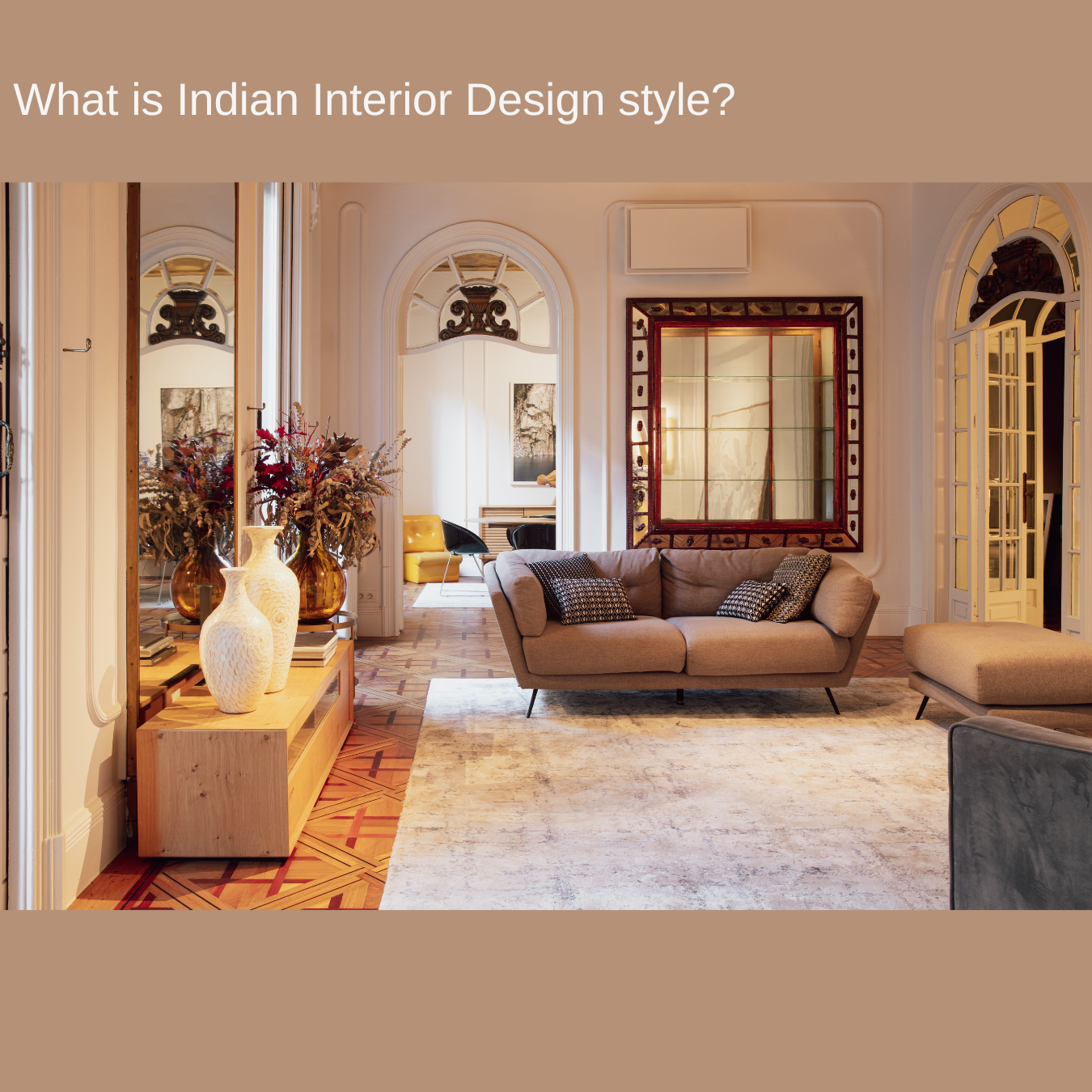The main difference between an interior designer and an interior decorator lies in their scope of work, training, and involvement in a project.
Interior Designer
- Education & Training: Typically has formal education (a degree or certification) in interior design, which includes architecture, space planning, building codes, and structural considerations.
- Scope of Work: Can work on structural changes, such as modifying floor plans, selecting materials, working with architects and contractors, and ensuring functionality along with aesthetics.
- Projects: Can be involved in renovations, new constructions, and commercial or residential projects.
- Skills: Understands design principles, space planning, safety codes, and accessibility standards.
Interior Decorator
- Education & Training: No formal education is required; many decorators learn through experience or short-term certification programs.
- Scope of Work: Focuses on enhancing an existing space through furniture, color schemes, accessories, lighting, and textures—without altering the structure.
- Projects: Works primarily on aesthetic upgrades rather than structural modifications.
- Skills: Specializes in styling, color coordination, and sourcing decorative elements.
Key Takeaway
If a space needs structural changes, hire an interior designer. If you only need to refresh the look of a space without major changes, an interior decorator is a good choice.



